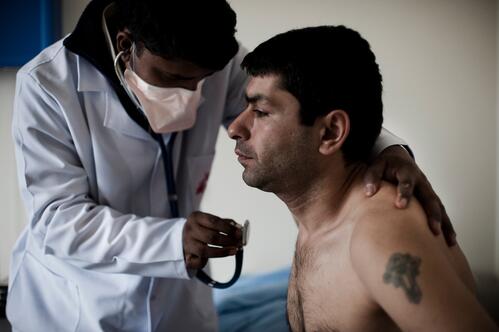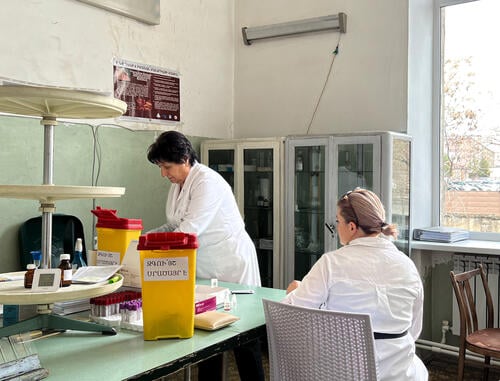In the capital city of Yerevan, we are working with the Ministry of Health at a health centre to provide a ‘one-stop-shop’ service for Hepatitis C- testing, diagnosing, and treating patients all in one place.
Our activities in Armenia in 2023
Data and information from the International Activity Report 2023.
42
42
€2.7 M
2.7M
1988
1988
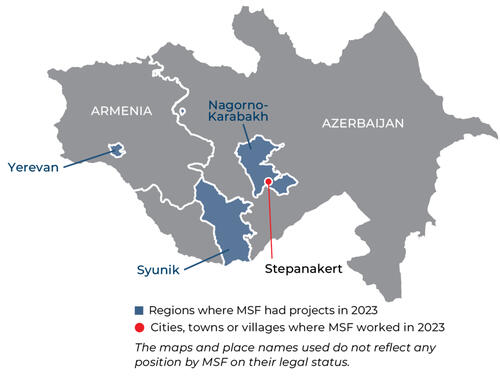

2,900
2,9
270
27
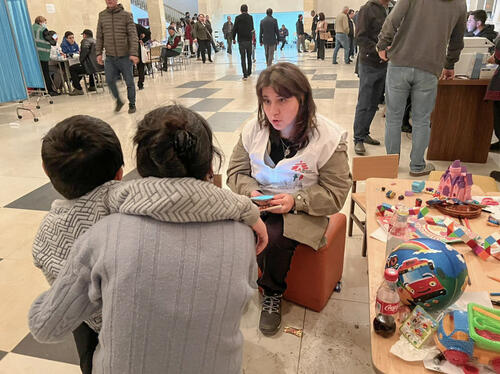
MSF offers mental health support to people displaced from Nagorno-Karabakh
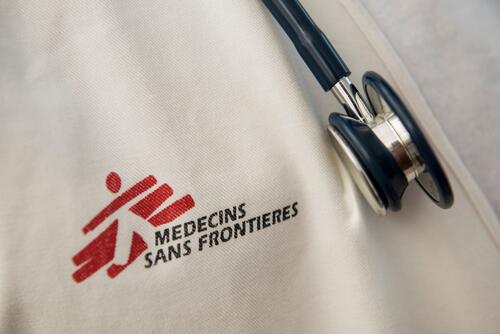
Nagorno Karabakh: MSF prepares to respond to people fleeing to Armenia

Drug-resistant tuberculosis: 30 years of MSF in Armenia
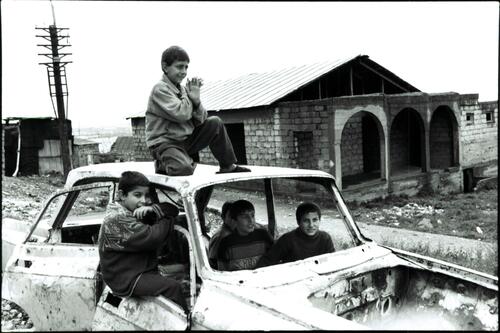
Children in difficult situations: 30 years of MSF in Armenia
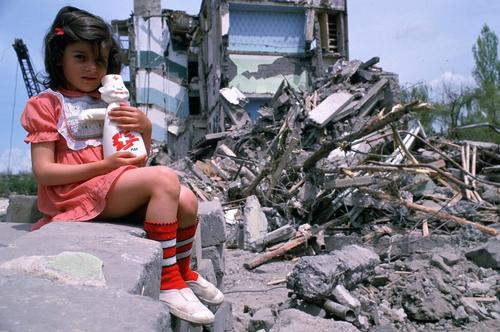
Earthquake response: 30 years of MSF in Armenia
